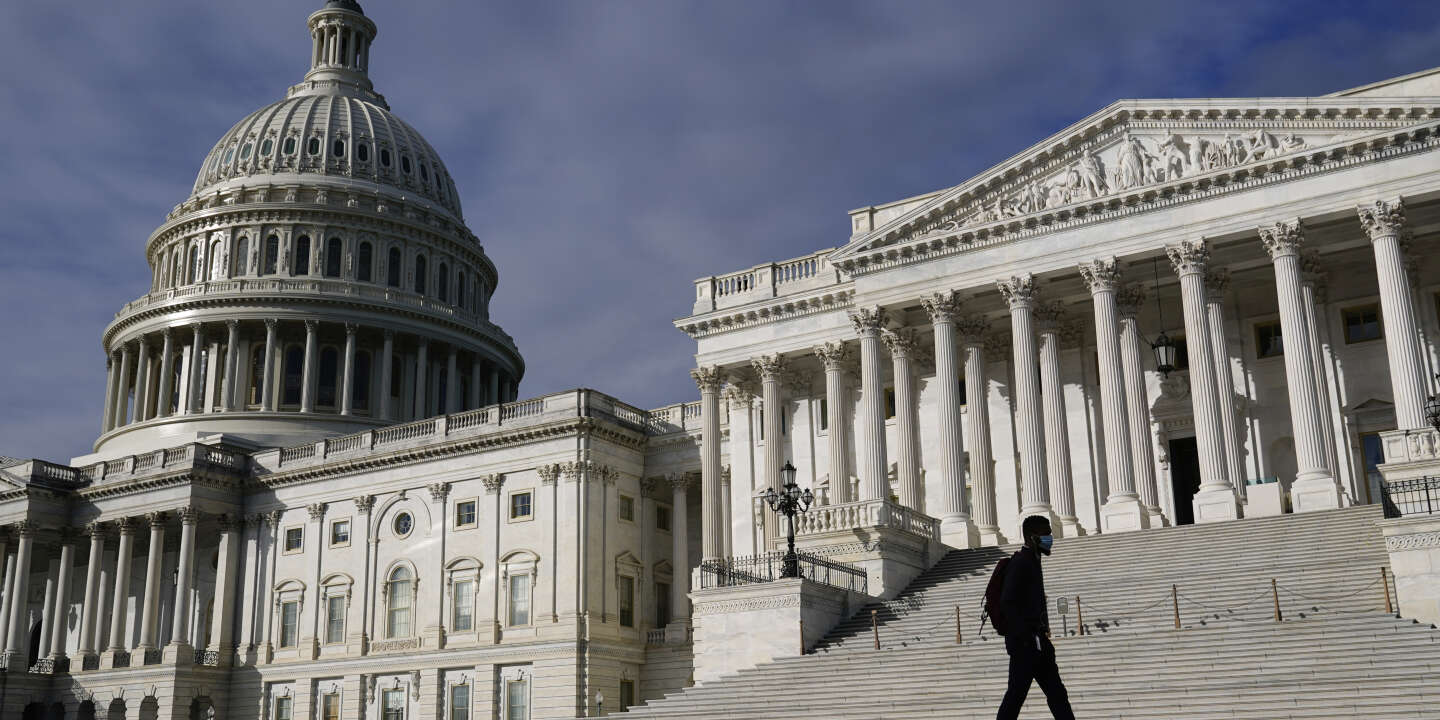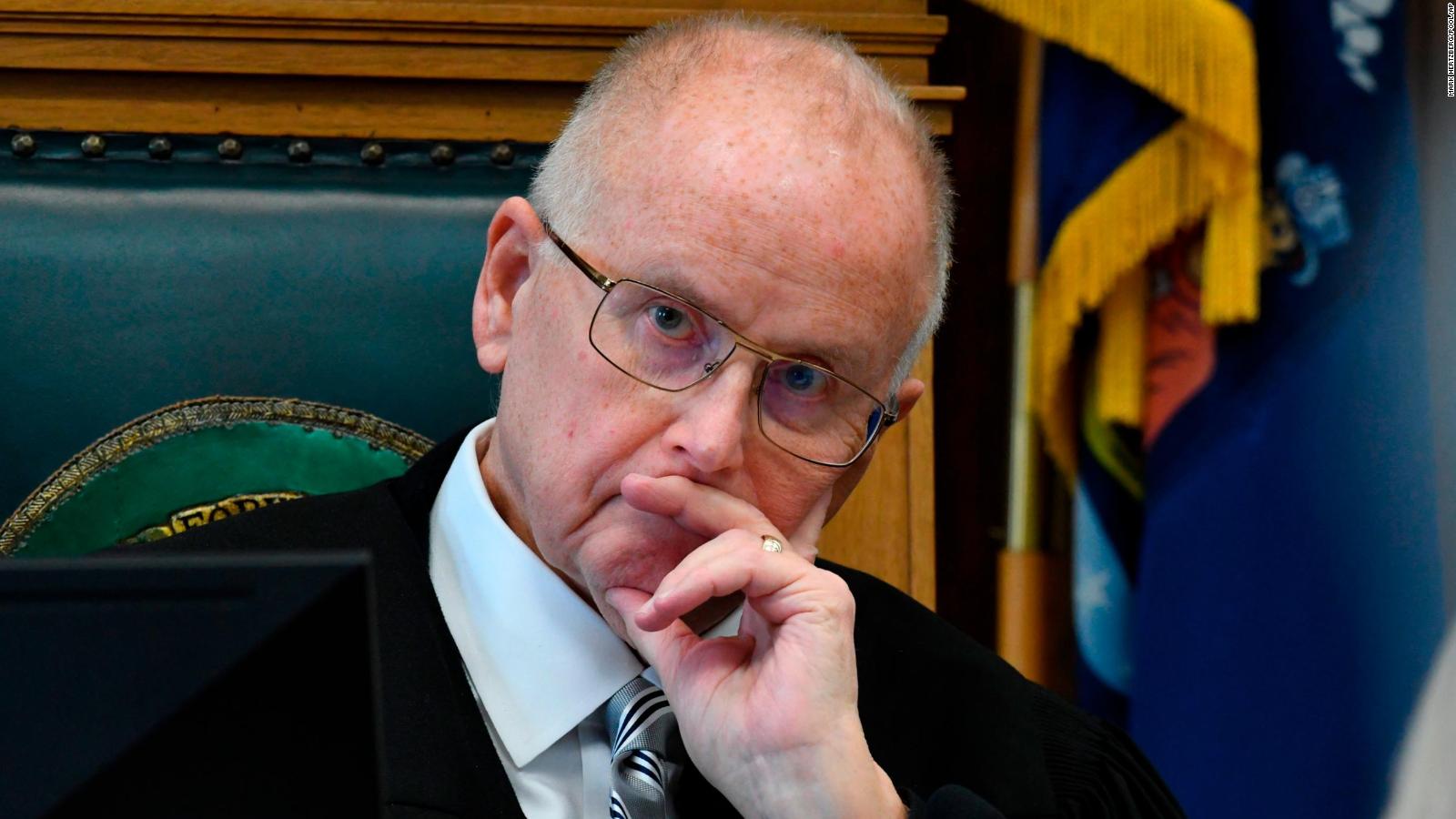
“We’re probably going to have a wealth tax. “ When Nancy Pelosi, Democratic President of the US House of Representatives made this statement, Sunday, October 24, Frenchman Gabriel Zucman, an economist at the University of California at Berkeley, did not hide his joy. “It has not yet been done, there will be some backlash, and even if it does, it would be modest (only around 1,000 taxpayers). But wow, what an incredible turnaround! A radical change compared to just a few years ago ”, tweeted the researcher, who campaigns for the taxation of billionaires.
Indeed, the idea of a wealth tax becomes « mainstream », Mr. Zucman confides to us, whereas until now it was mainly carried by the progressive wing of the Democratic Party, in particular Senators Bernie Sanders (Vermont) and Elizabeth Warren (Massachusetts). Earlier this year, a poll found 81% of Democrats and 57% of Republicans in favor of a wealth tax.
The situation has changed since the Covid-19 crisis. First, it boosted the fortunes of the titans of Silicon Valley, thanks to the digital switchover and the ultra-accommodating policy of the central bank, which made Wall Street soar.
Then the site ProPublica revealed in June that the wealthiest Americans, whether Jeff Bezos (Amazon), Elon Musk (Tesla) or financier George Soros, sometimes manage to pay no federal income tax. In 2018, the twenty-five richest together held a heritage of 1,100 billion dollars, the equivalent of what 14.3 million of their “average” compatriots have, but they had paid that year sixty- fifteen times less federal tax than them (1.9 billion, against 143 billion), accused ProPublica. “The underlying logic is very strong, billionaires pay very little tax, but ProPublica made it much more visible and indisputable ”, summarizes Mr. Zucman.
Third event, the infrastructure and social spending plan that Joe Biden must finance: Democratic Senator from Arizona Kyrsten Sinema blocking the increase in taxes on businesses and millionaire households, an option favored by Joe Biden but who had the disadvantage of not attacking the wealthiest, it was decided to switch to a taxation of the small club of the 700 richest American billionaires.
$ 500 billion over five years
In April, Gabriel Zucman had launched, with the economist Emmanuel Saez, the idea of an exceptional tax on the unrealized capital gains of these billionaires. The idea is in the proposal presented this week by Senate Finance Committee Chairman Democrat Ron Wyden (Oregon). It plans to tax them at the federal rate of 23.8% (with payment spread over five years) for those whose fortune exceeds one billion dollars or whose income is more than 100 million a year.
You have 50.94% of this article left to read. The rest is for subscribers only.




